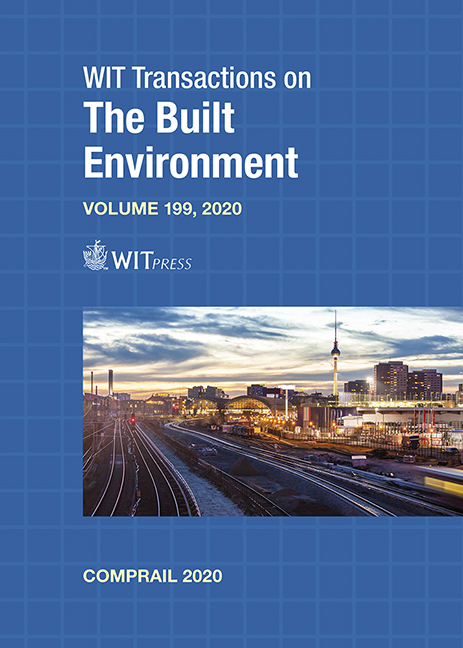AUTONOMOUS TRAINS IN FREIGHT TRANSPORT: SHOULD THE RAILWAY NOT HAVE THE ADVANTAGE OVER THE TRUCKS?
Price
Free (open access)
Transaction
Volume
199
Pages
12
Page Range
3 - 14
Published
2020
Paper DOI
10.2495/CR200011
Copyright
WIT Press
Author(s)
STEPHAN MÜLLER
Abstract
Should the automation of trains not be easier than the automation of trucks? This paper analyses the structural barriers to innovation of “autonomous freight trains” for large-scale deployment. Four theoretical effects are analysed that characterize the mechanism for innovation activities in advanced markets: (1) the hierarchical and nested architecture of value networks; (2) path dependency in technological paradigms; (3) organizational dynamics; and (4) the stalemate in technology. These four effects culminate, and the higher the maturity level of the four effects is, the more they limit innovation activities. The analysis shows that the economic mechanism strongly limits innovation activity for rail freight transport in general and also in relation to autonomous train operation. For road freight transport, the degree of maturity is less given and thus the truck is at an advantage, although the complexity of train automation in general is less than that of truck automation. The results contribute to the challenge of train automation and are worth considering in a strategic innovation policy for rail.
Keywords
autonomous trains, automated vehicles, rail freight services, innovation in freight transport, RioTinto, AutoHaul





